Local News
RSV cases at Arkansas Children’s Hospital increasing earlier than anticipated

Little Rock, Arkansas – Medical professionals are reporting an increase in cases of RSV, or respiratory syncytial virus, in areas all over the US.
As parents claim to be taking every precaution to shield their children from the sickness, Arkansas Children’s Hospital (ACH) reports that they are experiencing an increase in the number of children who have the virus.
RSV season generally occurs in late December and early January, according to the Chief Clinical & Academic Officer of ACH, Dr. Rick Barr. However, Dr. Barr thinks the pandemic is to blame for the sudden onset of RSV infections in youngsters.
“We all get it [RSV] every year, it’s not just limited to adults. Each year when we get a cold it’s probably RSV which is one of the most common causes.” However, Dr. Barr says “we’re seeing a pretty dramatic rise in RSV. What’s unusual is that we have seen RSV season shifDr. Barr says the RSV season has moved up to where they’re now seeing the same numbers they would in January but now months ahead.
ACH and other hospitals across the country are currently facing a staffing deficit, he continues, adding that the RSV seasonal change has put pressure on hospital staff. Dr. Barr states that they will continue to accept patients whether they have RSV or not even though he does not specify the percentage of RSV cases in ACH.
“We are the only children’s hospital in the state, we never close. So we will always find a way to take care of kids that need our help but this is a regional and national problem.” Dr. Barr goes on to say, “we have actually gotten kids transferred from Oklahoma here because of RSV that we now need to help take care of. So, it really has taxed the healthcare field nationally.”
According to Dr. Barr, some of the most typical RSV symptoms are congestion, a runny nose, fever, and an ear infection. For these symptoms, he advises that children either stay at home or visit their pediatrician. Dr. Barr advises parents to be alert for high temperatures and respiratory distress in young infants and children since wheezing and breathing difficulties may develop and lead to hospitalization.
“High fever and problem breathing. If they are breathing so hard that they are having trouble feeding, nursing, or taking a bottle, we want to see them [at the hospital]. Dr. Barr adds, “usually, if a child needs a mission to the hospital it’s because they need Oxygen.”
Cairo, a 2-year-old, was transported to the ACH on Sunday after experiencing difficulty breathing and had a cough that wheezed, according to Audriana Youssef, who claims to be Cairo’s mother. “It was getting really bad to where he couldn’t breathe, his breathing was really contracted.” Youssef goes on to say, “he had to be transferred into a room and put on oxygen and an IV since he wasn’t eating or drinking.
Cairo reportedly tested positive for RSV, but after getting oxygen therapy, he was freed on Tuesday, according to Youssef.
The best strategy to stop the transmission of RSV, according to Dr. Barry, since it is carried by droplets, is to wash your hands.
He adds that parents should keep an eye on their child’s breathing and ensure that their airway is clear through the nose. Additionally, Dr. Barr adds it’s permissible to use a suction tube to keep a child’s nose clear if they do have RSV. Most significantly, Dr. Barr advises against utilizing any prescription drugs or DIY treatments.
“There are no at-home remedies and no medications, in fact, most of the medications out there will have side effects more than they would do good for infants with RSV,” said Dr. Barr.
The infection normally lasts a week or two, he adds. If a child tests positive for RSV, he advises that they stay home to recover and schedule a pediatrician visit rather than sending them to daycare or school.
-
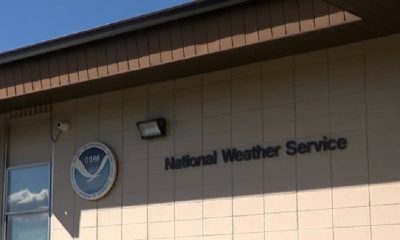
 Local News2 weeks ago
Local News2 weeks agoEmergency management personnel get ready for possible extreme weather on eclipse day
-

 Local News2 weeks ago
Local News2 weeks agoReservations are full in Northeast Arkansas for the weekend before Eclipse
-
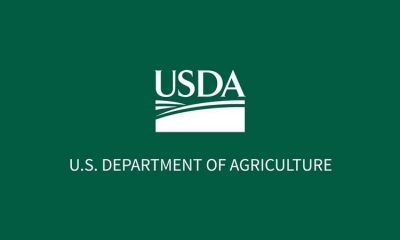
 Local News2 weeks ago
Local News2 weeks agoSaline County issued a Low Water Alert for Forest Service Road 114
-
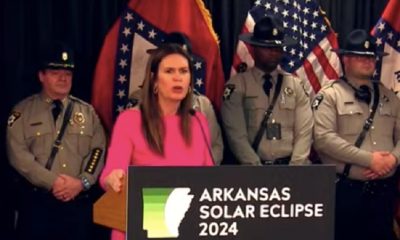
 Local News2 weeks ago
Local News2 weeks agoJust before the total solar eclipse, Governor Sanders releases $100,000 from the Response and Recovery Fund
-

 Local News2 weeks ago
Local News2 weeks agoBefore the total solar eclipse, ARDOT provides an update on the development of Interstate 30
-
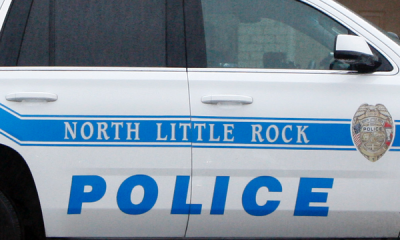
 Local News1 week ago
Local News1 week agoFollowing a fatal shooting, North Little Rock police make an arrest
-
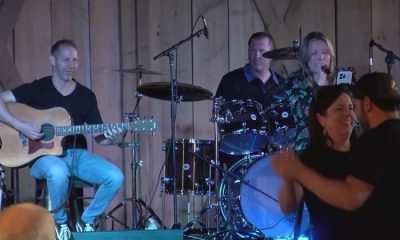
 Local News1 week ago
Local News1 week agoStone Hill Ranch hosts music festival and camping to celebrate the eclipse
-

 Local News1 week ago
Local News1 week agoAnother jump at the gas pump






Leave a Reply